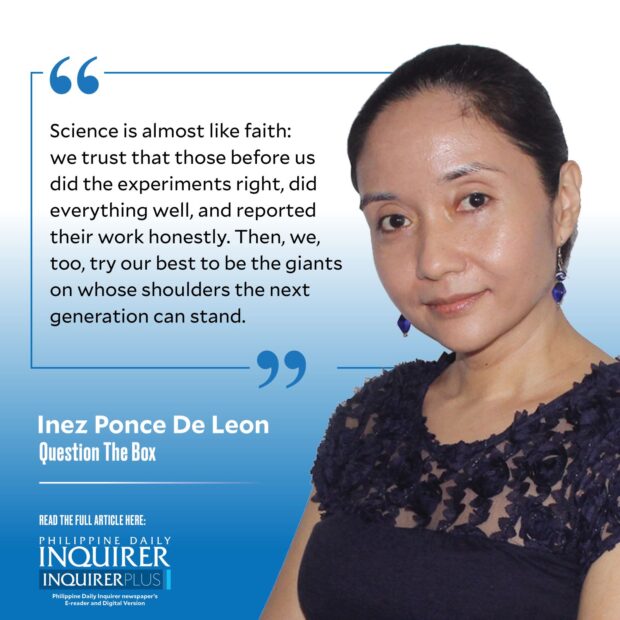Reflections on winds and peaks

Last week, after days of sitting at a conference, meeting with fellow scholars, and presenting my own work, I took the chance to take a hike, literally, in Honolulu. With limited time, I settled for the Makapu’u Lighthouse Trail, which goes 500 feet up a mountain, in multiple switchbacks. At the top, climbers are treated to a 360-degree view of the eastern side of Oahu, which includes beaches, islets, an occasional bird of prey, and, if you’re lucky (I wasn’t), a family of whales on the move.
Except for occasional steep inclines, Makapu’u is relatively easy, with its asphalt road, and, in the late afternoon, the shade of the mountains. On the day I hiked, however, the trail grew windier the higher I climbed, until I could feel my body being forced onto the mountainside. Much of the trail had no guardrails, and any false step would mean a dive onto the rocky shores of the wild Pacific.
At the top, the winds howled in my ears; taking photos and staying upright became a struggle. Below, the ocean crashed and roared; hundreds of feet across Oahu rose the craters of old volcanoes, golden in the sunset, now gaping in an eternal, silent scream to the sky.
Article continues after this advertisementBehind me, the mountains cut a jagged shadow into a rapidly graying horizon. I could see the lighthouse below me: squat, faded, a reminder of a time when those who plied the vast ocean would see nothing but water and feel nothing but fear in their bones, would always seek out a single beam of light when they could not read the tracks spelled out by the stars.
As with any climb alone, being at the top of Makapu’u allowed me to ruminate, this time on the conference I had attended. The strong links drawn between science as a field and the ongoing struggle of native Hawaiians for recognition of their culture and identity have also allowed me to think more deliberately about the roles that academics play.
We are often castigated for teaching “useless subjects” in a society obsessed with profits and popularity. Philosophy, theology, theory, research, literature, writing—students, even parents, sometimes speak disparagingly of these courses, claiming that the real world does not need such fanciful things.
Article continues after this advertisementThey’re sometimes the same people who complain that new employees can’t read, organize their thinking, write, and muster the strength to speak in public. And yet it is precisely those subjects, loosely called the liberal arts, that teach these skills in the abstract. The readings, the wrestling with logic, the consolidation of previous research, the interpretation of classical texts, the act of putting thoughts to paper—they are drilled repeatedly until they become a habit.
Philosophy, for instance, might seem like a daunting, exclusionary field—but it teaches logic: this might involve isolating an idea and examining it, from its assumptions to its conclusions; or studying the context in which that idea exists, so that one can see what shapes the idea itself.
Literature might feel like a chore—but exercises in identifying character motivations and actions also teach empathy. And what a gift to have, in a time of war and conflict, when we all need the emotional capacity to consider the lives and livelihoods of all peoples beyond what we are told (or what media we choose to expose ourselves to)!
These subjects all have a role in critical thinking, whether it’s reading about history and assessing its role in our lives, or thinking of who to vote for in a crowd of candidates all promising great things in a country fraught with trouble.
Any subject in the academe, indeed, is useful—if only one were humble enough to wait until one’s education can prove itself.
We often debate the role of academics, but so little attention has been paid to stressing the role of learners. It would be horribly arrogant for anyone to claim that a subject is useless, without having lived a life full of difficulties and uncertainties outside the classroom. And there, too, is uncertainty when such knowledge will be used—but with uncertainty, too, must come faith.
As I descended the Makapu’u trail, I was, once again, pushed by strong winds into the mountain. Once again, I was frightened, as I saw the vast sea on one side and felt my feet straining to plant themselves onto the asphalt. But there was faith, always: in the traction of my soles, in God keeping me safe, in my own ability to hold steady and strong, in an end to the trail.
That is science, I think, as one of my dissertation respondents once said. Science is almost like faith: we trust that those before us did the experiments right, did everything well, and reported their work honestly. Then, we, too, try our best to be the giants on whose shoulders the next generation can stand.
Perhaps that’s what real faith is, then: gratitude for learning, being present in the moment, and simply relishing the coming of new ideas that might one day turn concrete from their abstract form.
It is joy—and it is something that many of us have lost.
—————-
iponcedeleon@ateneo.edu
















